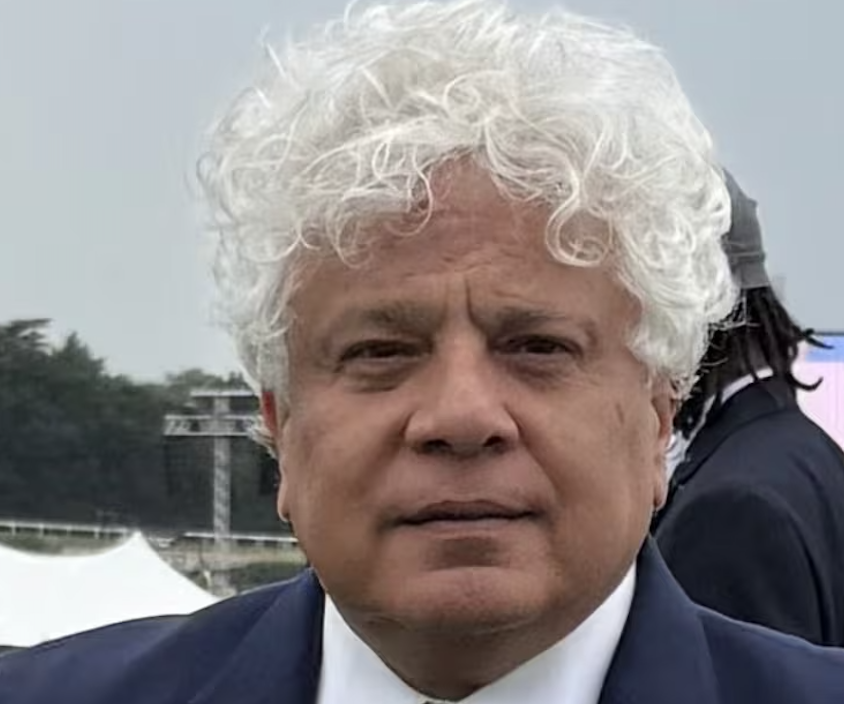Delhi : Businessman Suhel Seth sharply criticizes Rahul Gandhi, India’s Opposition Leader, for allegedly endorsing US President Donald Trump’s claim that India’s economy is “dead.” Seth accuses Gandhi of harboring deep-seated animosity toward India, equating his criticism of Prime Minister Narendra Modi to a broader disdain for the nation. He suggests Gandhi’s bitterness stems from Modi’s legitimate electoral victories, contrasting this with Gandhi’s perceived lack of direction, likening him to Trump in intellectual shallowness. Seth’s invocation of Robert Frost underscores his view of Gandhi as aimless and misguided, urging him to seek counseling for his “self-loathing.”
Seth’s remarks also target Trump, whom he labels an “unhinged rogue” with little grasp of economics or diplomacy. He condemns Trump’s proposed 25% tariff and additional penalties on India as bullying tactics, asserting that such measures will not cripple India’s resilient economy. Seth points to the stock market’s indifference to Trump’s statements as evidence of India’s economic stability. He praises Modi for resisting Trump’s aggressive posturing, criticizing the US president’s crude language and disinterest in fostering bilateral ties or global order. Seth argues that while Trump’s policies may cause temporary disruptions, they will not devastate India as Trump might expect.
The comparison between Gandhi and Trump is central to Seth’s narrative, framing both as reckless figures whose actions undermine their respective nations. He portrays Gandhi’s alignment with Trump’s rhetoric as a betrayal of India’s interests, while Trump’s tariff threats reflect a flawed understanding of global economics. Seth’s analysis underscores India’s economic resilience and Modi’s steadfast leadership in the face of external pressures. However, his personal attacks on Gandhi and Trump risk oversimplifying complex political dynamics, potentially alienating those who see merit in Gandhi’s critiques or Trump’s trade policies. Seth’s remarks, rooted in nationalist sentiment, highlight the polarized discourse surrounding India’s economy and its global standing.





